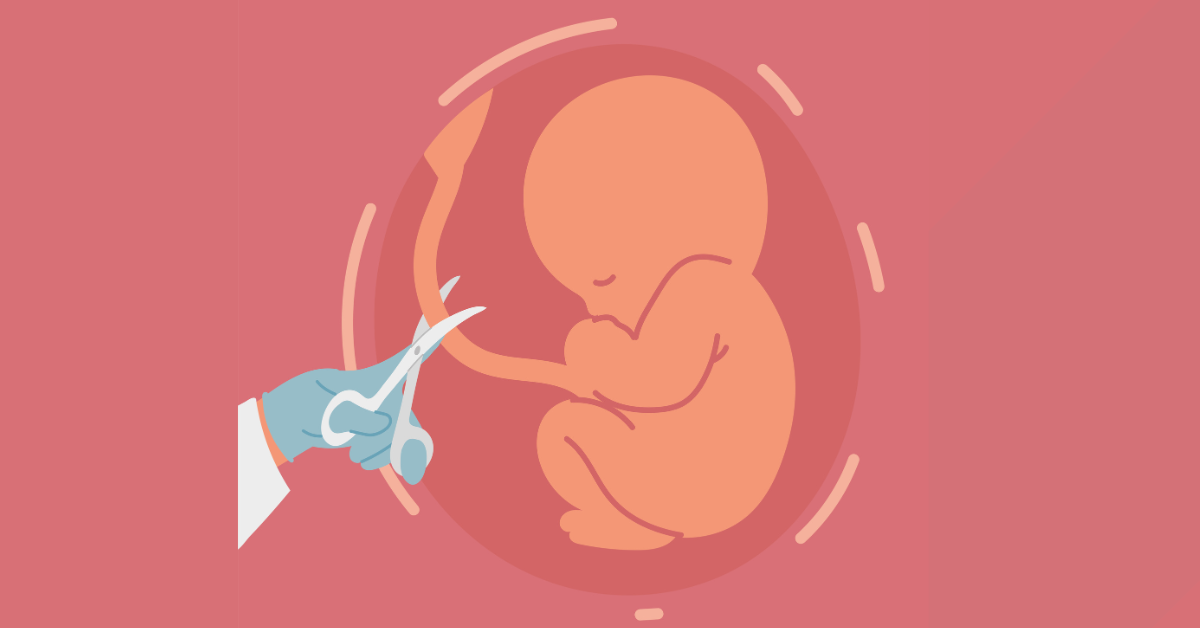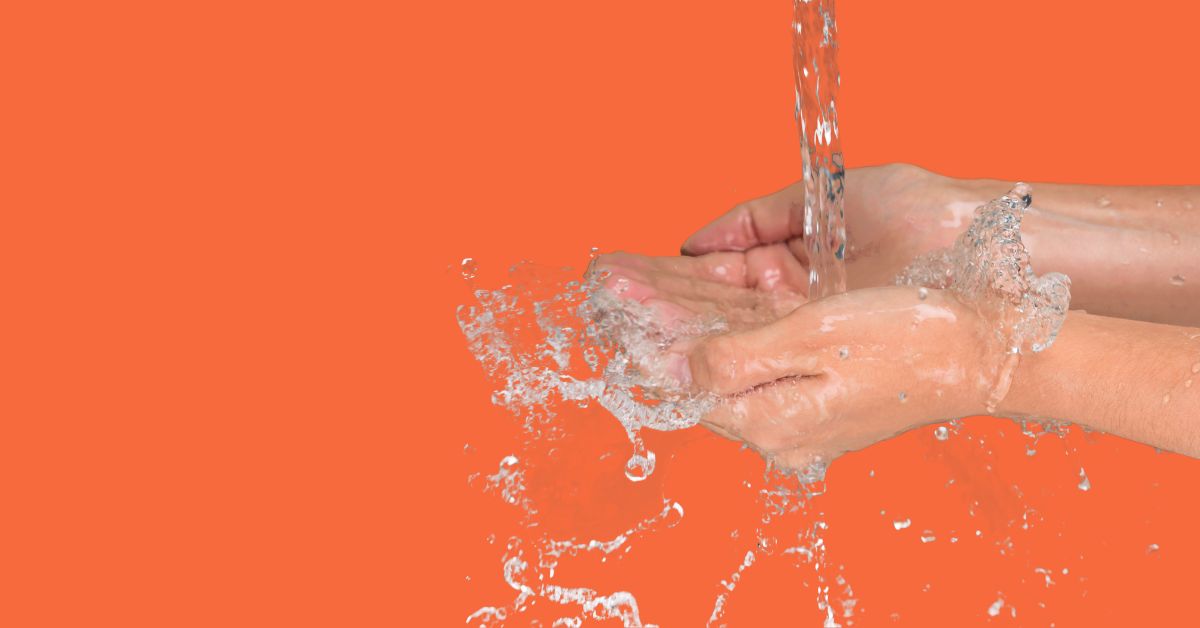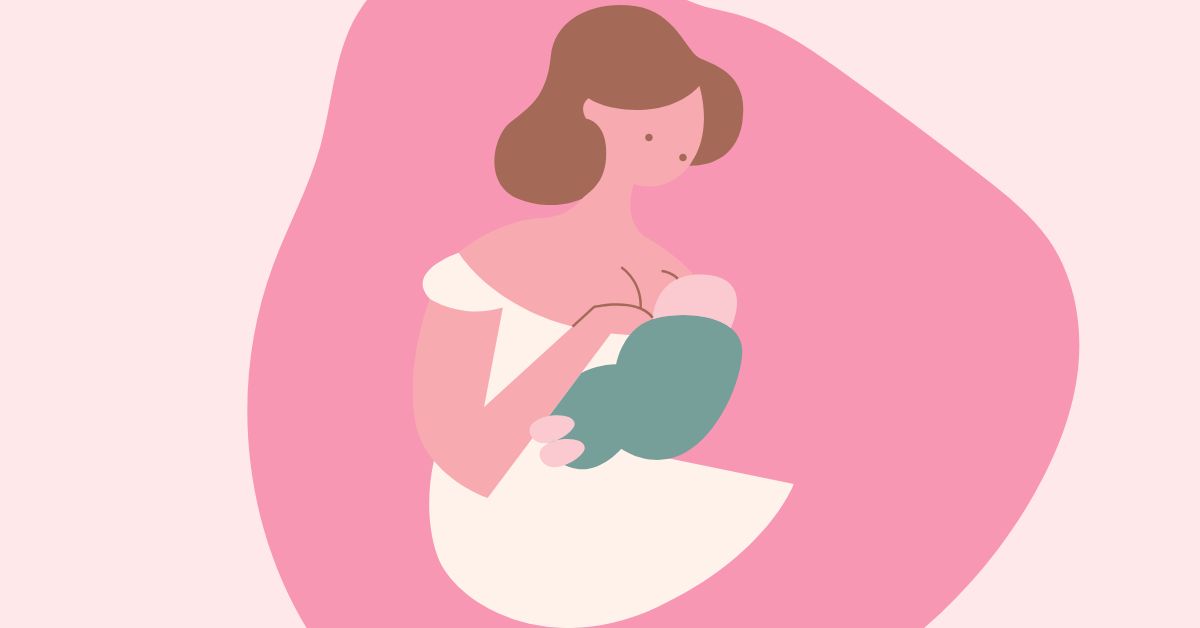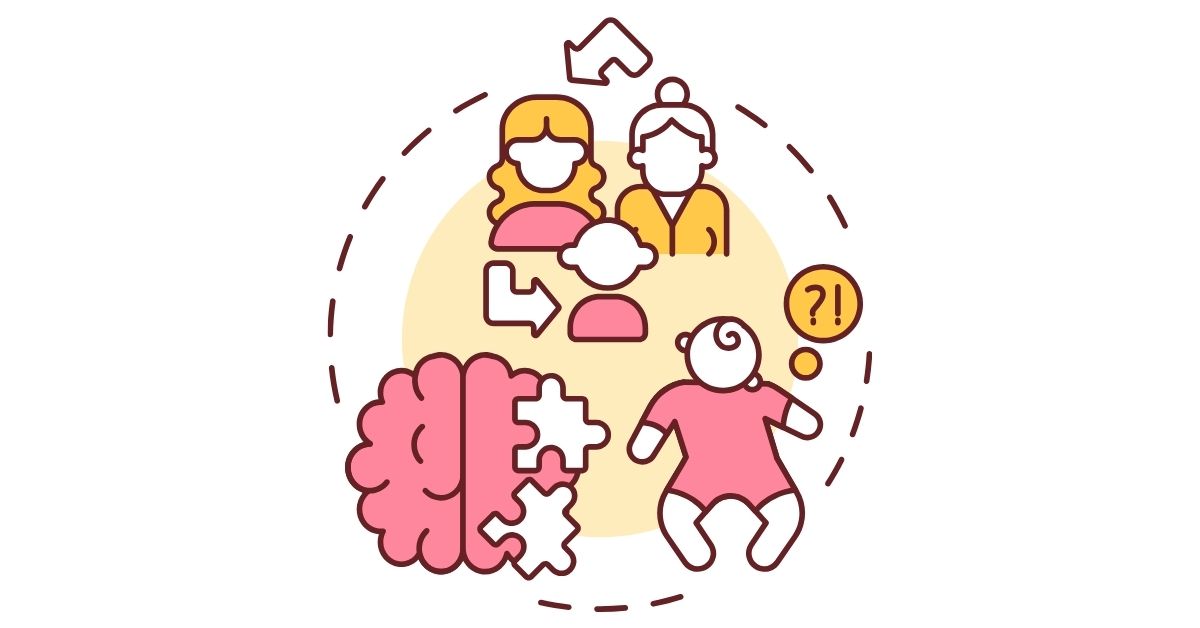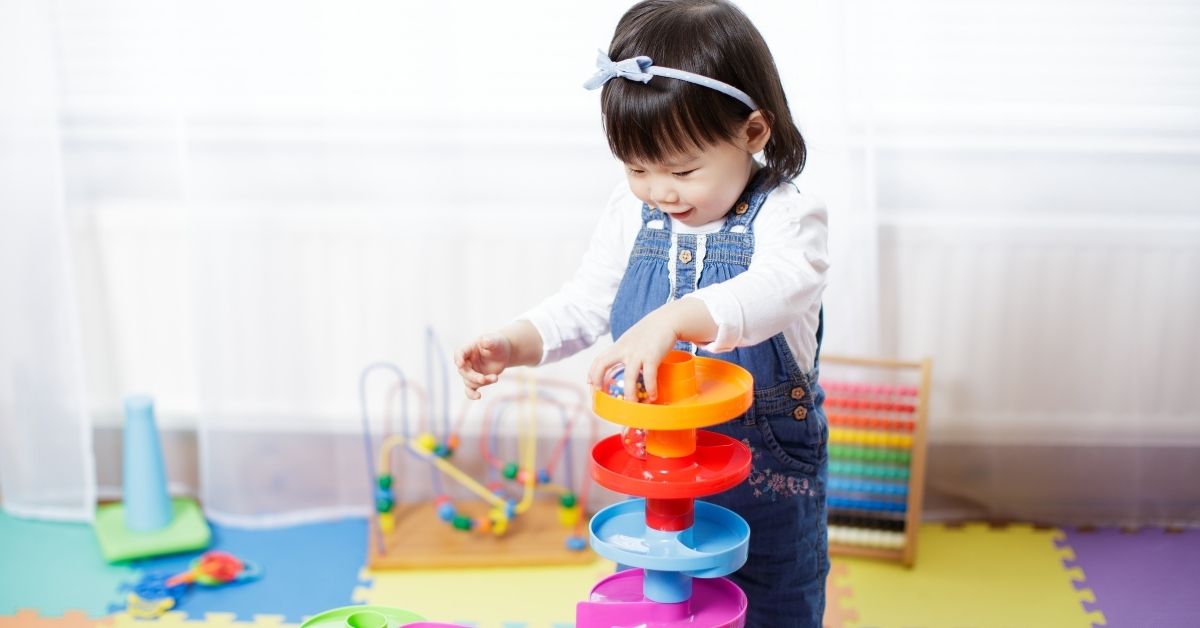Choosing The Best Way To Respond To Your Children’s Tantrums And Mistakes. Every single one of us has experienced the dilemma of choosing how to deal with it when we find our children breaking rules. I have limited patience even with children, so I tend to often lose my temper. Especially if my kids begin behaving insolently, I straight away punish them for bad behaviour. One evening my husband spoke to me about this – he didn’t like me doing that. He brought up the idea of consequences instead of punishment and I decided to do some research for myself. Here’s some information about punishments and consequences that helped me make a decision.
In this article:
What Are Punishments?
A tough, unpleasant, and sometimes physically taxing activity that someone is made to do in compensation or as penance for a mistake they made is called a punishment. When children break rules, disobey, or otherwise disrespect their parents, they are often given punishments. Judgements given by courts also decree punishments by means of fines, jail terms, or in extreme cases, the death penalty.
The most striking difference between punishments and consequences is that punishments may make kids more rebellious. It’s important to choose the right punishments for your children depending on their age and temperament if they are to work. Unless they follow these basic principles, punishments won’t work. I know because that’s exactly what happened to me. Every time my son repeated a mistake, I kept making the punishments harsher to try and teach him a lesson. Every time, it only pushed him further away from me and made him rebel even harder.
What Are Consequences?
Literally, the word ‘consequence’ means something that follows in a sequence. Consequences are results of our actions; they are logical next steps that would occur after something we’ve done. They are not created with special intentions, unlike punishments. They take place in a manner that presents us with an opportunity to learn from our actions.
Using consequences to discipline your child is a fairly straightforward parenting technique. It’s function is nothing like punishment, and consequences tend to show almost immediate effects. It requires you to simply refuse to protect your children from the ill effects of their choices. This will force them to face the hurt and harm they may have caused inadvertently. Often, that’s the only lesson they need to learn. It keeps them from doing it again.
Comparison Between Punishments And Consequences
Between punishments and consequences, the former doesn’t recognize the child’s right to make mistakes. It encourages them to depend on us to make their decisions and threatens them against independent thought. Of course, that is not the intention most of the time, but that’s how it comes across. Punishing your child is an unpleasant experience for you just as much as it is for them. Moreover, punishments belong to an authoritarian parenting style, suppressing children’s individuality and turning them into unquestioning, meek conformists.
More often than not, punishments come from a place of anger and irritation, which might further distress troubled kids. Punishments tell your child, “I’m the boss in this relationship and you must do as I say, or else…” It comes across as a thinly veiled threat even though all you’re trying to do is discourage bad behaviour. You look like the bad guy because of punishments and consequences take that burden off your shoulders.
Punishments and consequences work in diametrically opposite ways towards the same goal. Consequences, on the other hand, allow you to remain much calmer and stand firmly by your child’s side. Unlike punishments, consequences appeal to the rational mind within your child, giving them reasons to refrain from acting in certain manners of their own accord.
Your behaviour is ruled by anger when you use punishments and consequences use calm rationality instead. Punishments foster anger and rebelliousness while consequences nurture independent thought and enhance decision-making skills. Children learn the behaviour they see, not the one they hear about from you. So, when dealing with erring children, choose your reactions wisely.


